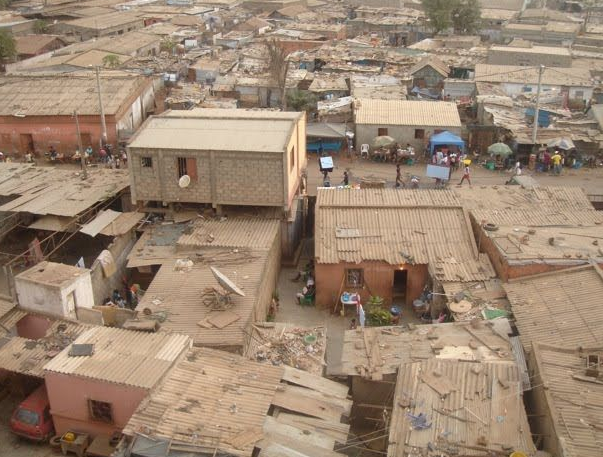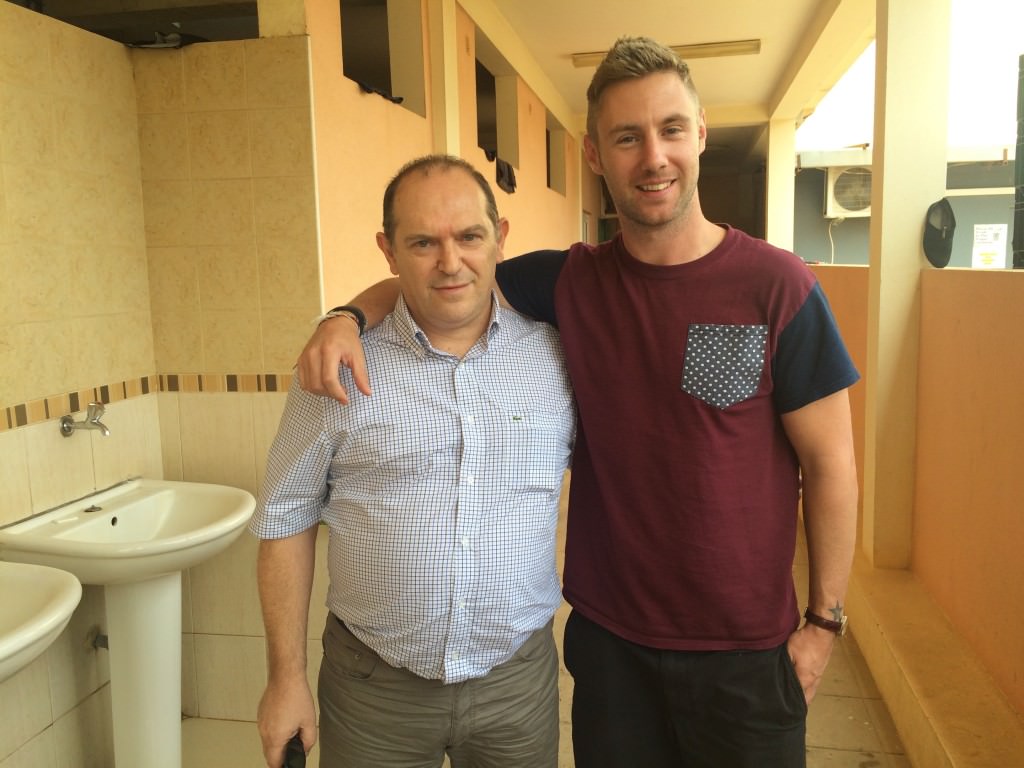
WEIGHT: 46 kg
Bust: B
1 HOUR:80$
Overnight: +30$
Services: Watersports (Giving), Sex anal, Fisting anal, Cross Dressing, Sex anal
The Portuguese regime at the time, the Estado Novo , was overthrown by a military coup in , and the change in government brought the conflict to an end. The war was a decisive ideological struggle in Lusophone Africa, surrounding nations, and mainland Portugal. The prevalent Portuguese and international historical approach considers the Portuguese Colonial War as was perceived at the time—a single conflict fought in the three separate Angolan , Guinea-Bissau and Mozambican theaters of operations, rather than a number of separate conflicts as the emergent African countries aided each other and were supported by the same global powers and even the United Nations during the war.
India's annexation of Dadra and Nagar Haveli and annexation of Goa are sometimes included as part of the conflict. During the ensuing conflict, atrocities were committed by all forces involved. Throughout the period, Portugal faced increasing dissent, arms embargoes, and other punitive sanctions imposed by the international community, including by some Western Bloc governments, either intermittently or continuously. By , the war had become increasingly unpopular due to its length and financial costs, the worsening of diplomatic relations with other United Nations members, and the role it had always played as a factor of perpetuation of the entrenched Estado Novo regime and the nondemocratic status quo in Portugal.

The end of the war came with the Carnation Revolution military coup of April in mainland Portugal. The withdrawal resulted in the expulsion of hundreds of thousands of Portuguese citizens [ 34 ] plus military personnel of European, African, and mixed ethnicity from the former Portuguese territories and newly independent African nations. Devastating civil wars followed in Angola and Mozambique , which lasted several decades, claimed millions of lives, and resulted in large numbers of displaced refugees.
When the Portuguese began trading on the west coast of Africa in the 15th century, they concentrated their energies on Guinea and Angola. Hoping at first for gold , they soon found that slaves were the most valuable commodity available in the region for export. The Islamic Empire was already well-established in the African slave trade , for centuries linking it to the Arab slave trade. However, the Portuguese who had conquered the Islamic port of Ceuta in and several other towns in current-day Morocco in a Crusade against Islamic neighbors, managed to successfully establish themselves in the area.

In Guinea, rival European powers had established control over the trade routes in the region, while local African rulers confined the Portuguese to the coast. These rulers then sent enslaved Africans to the Portuguese ports, or to forts in Africa from where they were exported. Thousands of kilometers down the coast, in Angola, the Portuguese found consolidating their early advantage in establishing hegemony over the region even harder, due to the encroachment of Dutch traders.





































